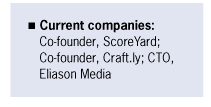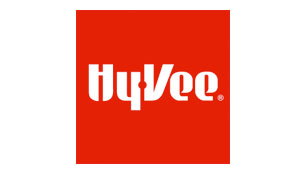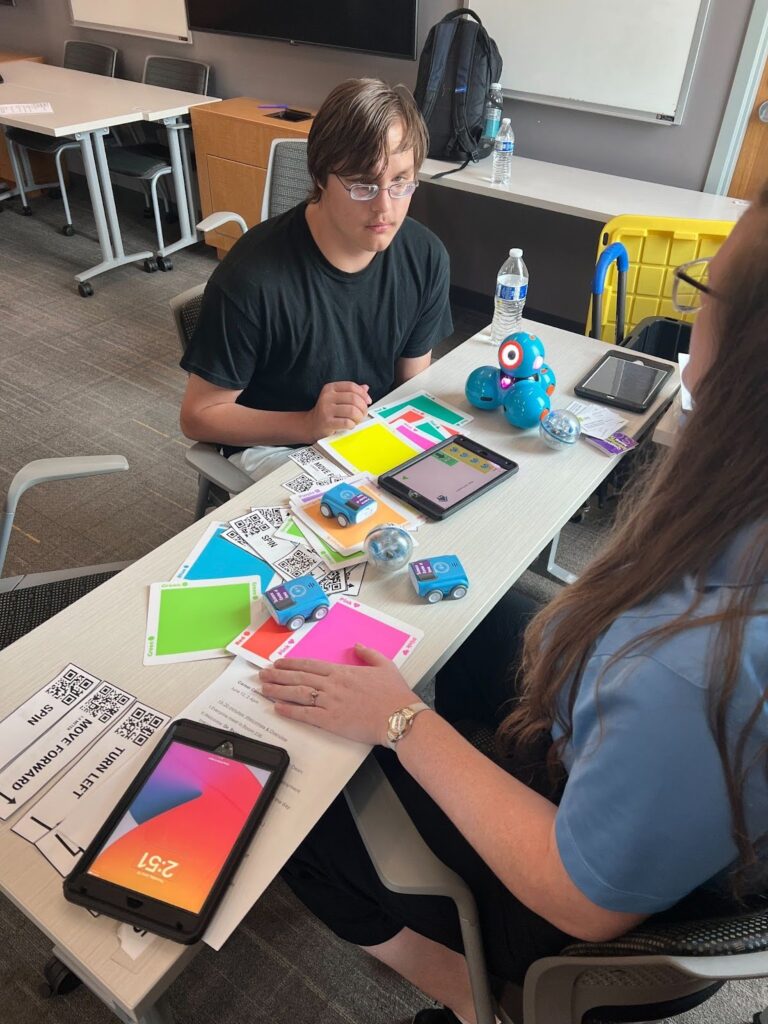Levi Rosol: Co-founder, ScoreYard

Some people might view giving up a steady paycheck to launch a Web technology company as fairly risky. From Levi Rosol’s perspective, having been laid off twice – once from one of the world’s largest corporations and later from a small Des Moines marketing firm – starting his own company doesn’t seem nearly as perilous.
For Rosol, it’s all about a passion for creating software and new businesses.
“I like to build solutions, and that’s what got the whole entrepreneurial focus started for me,” he said. Less than two years ago, he founded ScoreYard LLC, which specializes in developing software applications to assist community sports leagues. Rosol is also a business partner in Craft.ly, an online group buying site specializing in handmade items that he co-founded with James Eliason.
A Cedar Falls native, Rosol moved from Iowa to Albuquerque, N.M., to work as a salesperson for WorldCom Inc., which got his foot in the door to transfer to the information technology side of the company. After six years with WorldCom, he and his wife had just bought a house in Denver when the telecommunications giant declared bankruptcy in June 2002.

Rosol landed a software development position with Two Rivers Marketing in Des Moines, where he worked for five years before the firm cut positions as the recession hit in 2008. He was working as a contract IT employee for a major agricultural company in Greater Des Moines when the idea for ScoreYard began to gel.
Rosol was putting together a golf tournament fund-raiser for a software users’ group when a golf course owner’s comment sparked the idea for the new product. “He said he wished there was a better software tool for organizing tournaments,” Rosol said.
The project nearly died early on, however, after a costly marketing miscue.
“In hindsight, we made the mistake of doing a direct-mail piece to about 1,500 golf courses out of my own pocket, and got no response at all,” Rosol said. “That kind of killed the ambition behind that idea, so it kind of got tabled for a while.”
About six months later, however, he took his oldest son to compete in a sports event, only to find the game had been moved after driving more than a half-hour to get there.
“Obviously, there’s a huge market for youth sports, with a tremendous number of leagues throughout the country,” he said. “I really felt that we could build something that would benefit them, to make their lives easier and make their parents’ lives easier.”
In addition to providing tools to keep the organizations on track from the time players register through end-of-season tournaments, ScoreYard also plans to foster fan involvement through social media tools such as Facebook and Twitter.
From Rosol’s perspective, experience outweighs education 10-to-1 in the information technology industry, and they don’t teach passion in textbooks. His only college experience was a semester or two at Kirkwood Community College after graduating from Cedar Falls High School; all of his technical and software language expertise has been self-taught.
“To be successful as a good developer, you have to have a passion to want to do something new,” he said. “If you have to pay to go to school, that’s not passion.”
Finding people who share his passion for ScoreYard’s product has been one of the most important aspects of building the software company.
“Once I got to the point where I either needed to shelve this or move forward, I decided to bring some other people on board,” he said. His business partner in ScoreYard, Mike Templeton, joined the company about a year and a half ago; they have since hired two software designers and a salesperson.
In June, Rosol gave notice to his corporate employer and joined Eliason Media, where he works as part of a five-person development team. Leaving his contract position has given him the time he needs to work on both start-up companies that he’s involved with.
“I’m no longer burning those 40 hours a week working on someone else’s project; I’m working on my own stuff now,” he said. “And from a life-balance standpoint, it definitely makes the wife and kids a lot happier, seeing me at home a lot more in the evenings than I had been in the last six months or so.”
How far along will ScoreYard be a year from now? Not even Rosol is sure about that.
“We’re on the cusp of ‘This is going to succeed or it’s not,’” he said. “Those of us involved are prepared for that situation. We’re going through a pivot right now of being more focused on particular sports and age levels. We’ll see where that goes, and if we don’t have anywhere else to pivot, maybe that’s the end of ScoreYard. But I really don’t think that will be the case.”











